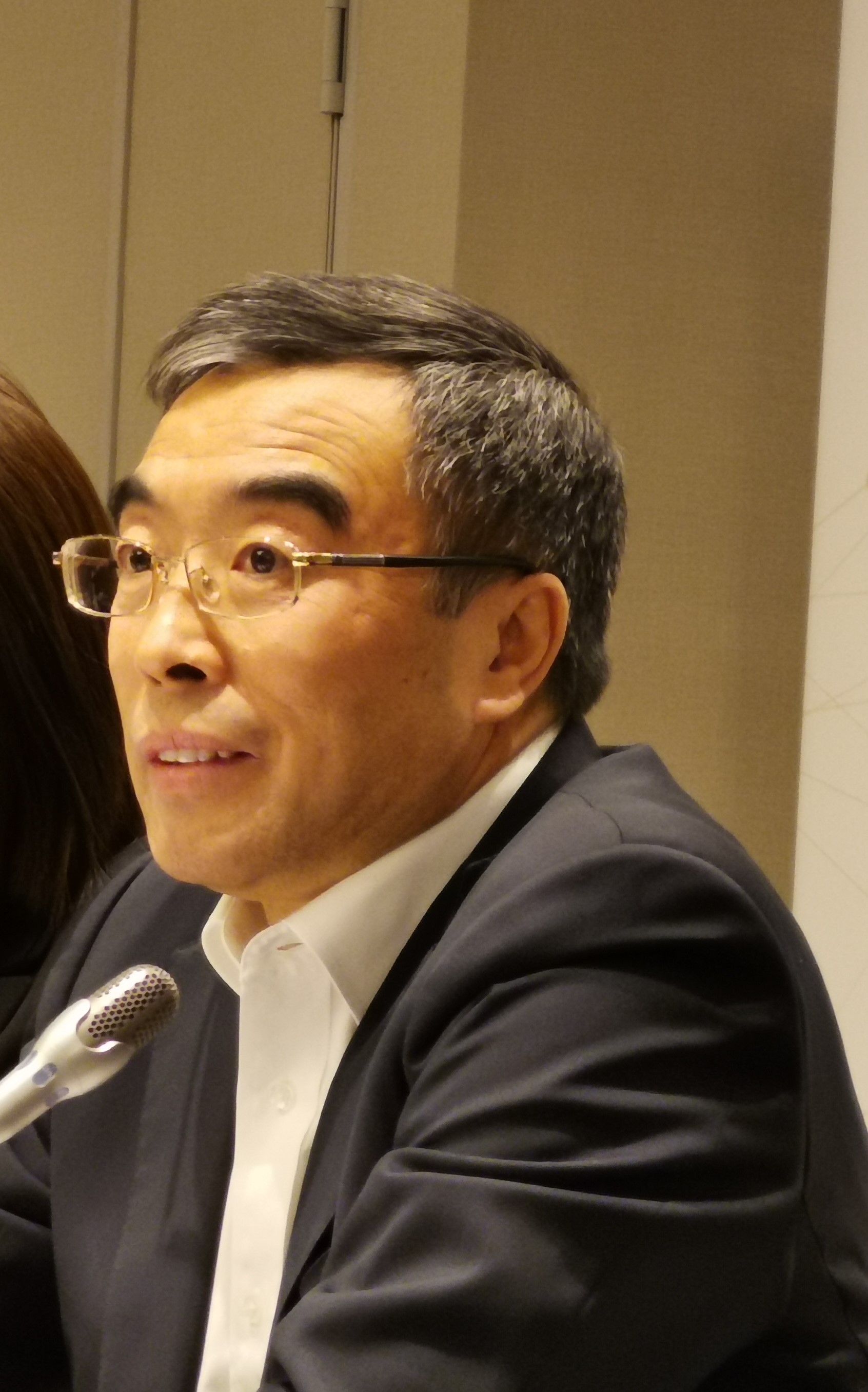Huawei announced that it is increasing its research and development efforts in Canada, adding 15 per cent to last year’s $180 million (CAD) investment, and adding 200 R&D jobs, the Chinese electronics manufacturer announced on Thursday at a media roundtable at the Huawei Canada Partner Convention.
The company already employs 1,100 people here, 700 of whom were local hires. Cumulatively, its R&D investment over the past decade is over $500 million (USD).

“In Canada, we are enhancing our investments in research and development because we see that Canada is home to great talent in such areas as artificial intelligence, some fundamental algorithms, and optics and components,” said Liang Hua, board chairman of Huawei Technologies, through a translator. Additionally, technology export controls imposed on Huawei by the U.S. have led the company to move some of its investments from the U.S. to Canada.
“I think that is a natural business logic that is easy to understand,” Liang said.
Huawei addresses IP concerns with university partnerships
Huawei also announced that it has been changing its R&D investment policies to ensure all intellectual property created in collaboration with Canadian institutions stays in Canada. Christian Chua, president R&D at Huawei Technologies Canada explained that IP rights from partnerships with Canadian universities have two components. Copyright of papers, he said, belongs completely to the professors and students, while some patents may be owned by the university or the professors, some belong to Huawei, and some are jointed owned by Huawei and the institution.
“Not every partnership is guaranteed to generate patents,” he said through a translator. “That’s an example of us investing in the uncertainties.”
He went on, “When it comes to the partnerships with universities, we’re always compliant with industry practices. At the same time, we respect the policies and rules of the universities in the partnerships. In order to better reflect the direct benefits that the partnerships between Huawei Canada and the universities have for Canada, we started to take the approach of comprehensively sharing the IP with universities in 2018.”
Possibility of 5G ban
Pressed about the impact of a possible ban on Huawei 5G equipment, Eric Li, president of Huawei Technologies Canada, pointed out through a translator that the technology is just part of Huawei’s business in Canada (it also offers smartphones, other networking equipment, and services), and in any case, 5G is not reality yet. He said that Huawei Canada would attempt to mitigate the impact of any ban on Huawei’s involvement in 5G rollouts.
Liang chimed in: “Ban or no ban, at the end of the day I think it’s a matter of choice by the government and the customers. It’s not realistic for Huawei to expect to serve every market in the world. Some customers have chosen us, and for those who have chosen us, we’ll do our best to provide services to them. For those who have not chosen us, it’s such a regret that we don’t have the opportunity to provide for them.”
Huawei currently has over 30 5G commercial contracts worldwide and has shipped over 30,000 5G base stations. It holds 2,570 patents on 5G technology.
Meng Wanzhou arrest ‘not common’
Liang also touched on the situation around the arrest of his CFO, Meng Wanzhou, saying this kind of arrest is not common, and with even the former Canadian ambassador thinking she has a good defense on the political character of the charges, he can’t say that the U.S. charges aren’t politically motivated. He hopes the Canadian legal system brings justice to her.
“To be honest, the current relationship between China and Canada is not ideal to the expectations of the Chinese people and the Canadian people,” he said. “As a globally operated company, we sincerely hope to operate in an environment where the two countries have good relationships with each other. For now, we are aware that problems need to be solved between the two countries.” Regardless, Huawei doesn’t plan to change its R&D investments, plans to step up R&D in Canada, and would like to work more with telcos on advanced technologies.
As far as cybersecurity and privacy are concerned, Liang asserted that Huawei would do nothing to harm any country, company, or individual. It is committed to obeying the law in any country it operates in. He said that Huawei has sought independent legal advice and determined that since China has no laws requiring the creation of backdoors or intelligence collection, the company has no obligation to do either.
“Over the past 30 years, we have never received such a request,” he said. “And even if in the future we received such a request, we would not execute the request because the law does not say so. If the law does not say so, we would not be held legally accountable if we were to refuse. We only provide the network equipment; it’s the telecom operators that do the operations.
“Cyber security and privacy are not the responsibility of one single company,” he went on. “And the view that not using Huawei will make cyber security and privacy problems all go away is simply not true. That’s why it’s important for stakeholders to come together and agree on the same set of standards and guidelines.”
